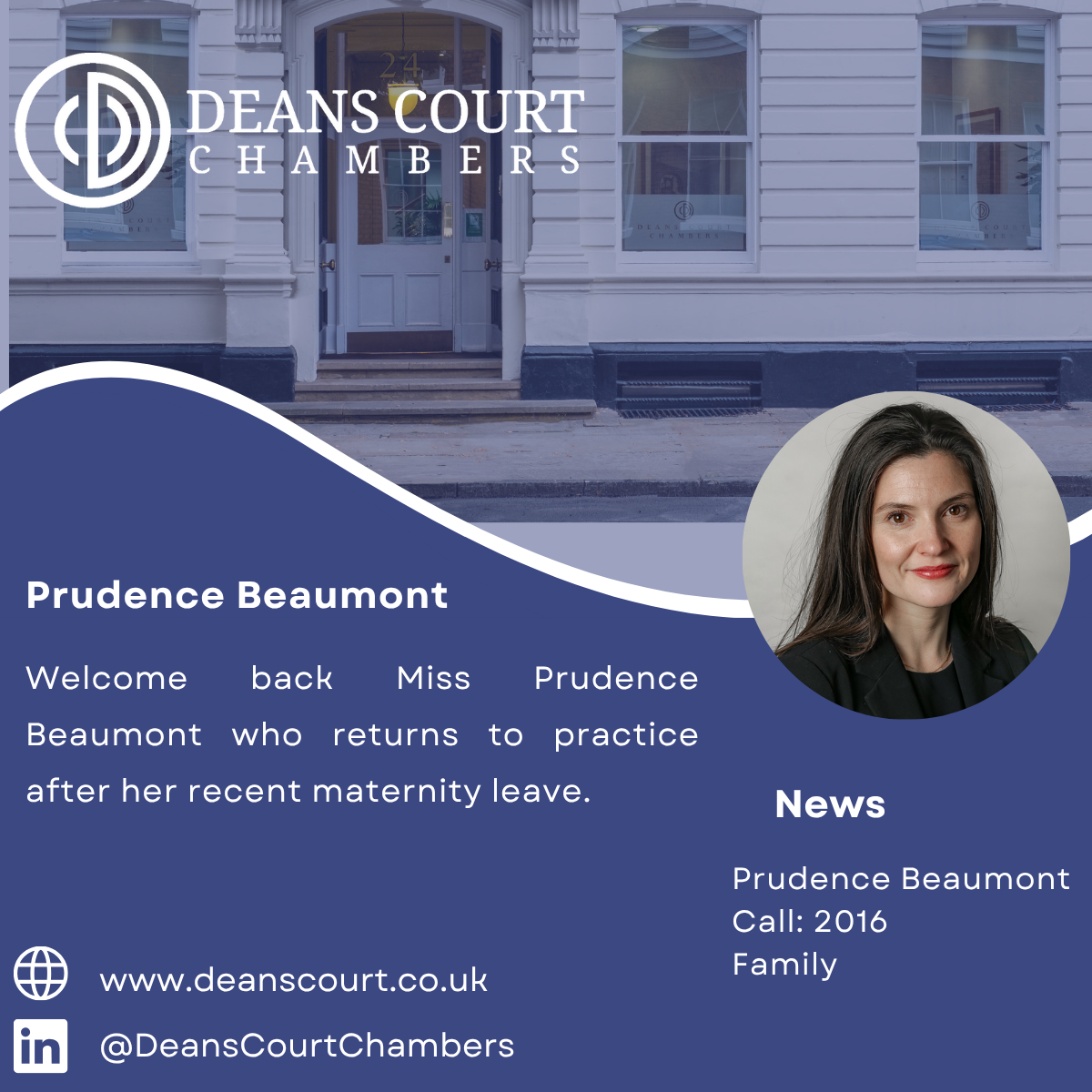Sebastian Clegg represented Blackpool Borough Council before the Court of Appeal
Sebastian Clegg represented Blackpool Borough Council before the Court of Appeal upon an appeal by Ian Morris from the decision of the Upper Tribunal (Lands Chamber) [2013] UKUT 0377 (LC)
Sebastian Clegg represented Blackpool Borough Council before the Leasehold Valuation Tribunal (LVT) in respect of two applications challenging management/services charges for what came to be termed ‘discretionary leasehold services’.
The Council provides various services to its 400 long leaseholders and sought to charge the leaseholders for the provision of those services by way of a management charge. When the Council reviewed the cost of those services in 2010 and found it had not been charging the actual cost for some years, the Council increased the charges from about £50 to £195 per annum in one step in 2011. Two of the leaseholders, who had acquired their leaseholds under right to buy legislation, contested the increased charges before the LVT. The LVT held that most of the management charges were not chargeable under the terms of the leases and decided in the leaseholders’ favour reducing the charges back to £50 per annum.
The Council appealed and the Upper Tribunal, which agreed with the Council’s interpretation of the leases, allowed the charges for the particular year to stand at £155, after discounting some elements of the charges. Mr Morris appealed that decision to the Court of Appeal.
Upon appeal, before Jackson, McCombe and Gloster LJJ, Peter Knox QC argued that the material paragraph in the 7th Schedule to the lease meant that the Council had no right to charge for the discretionary leasehold services unless they were directly related to regulations passed by the Council and that the material clause did not give the Council wide powers to provide and charge for services beyond those expressly set out under the Council’s obligations as set out in the 8th Schedule to the lease. Mr Knox submitted that any doubt as to that issue should be resolved in favour of Mr Morris, ‘contra proferentum’.
The Court of Appeal rejected Mr Morris’ narrow interpretation of the material paragraph in the 7th Schedule to the lease and dismissed the appeal. The maxim “omnia praesumuntur contra proferentum” did not apply as the court was not otherwise unable to interpret the lease. Accordingly, the appeal was dismissed.
The decision has significant ramifications for the Council, the services it provides to leaseholders and the charges it can make for them going forward as well as other Councils in a similar position.

Also Recently
-
Student Information Evening - 18th November 2025
Are you considering a career as a barrister? Curious about what life is really like inside chambers? We’re delighted to…
Oct 15
-
Prudence Beaumont returns to practice after her recent maternity leave
We are delighted to welcome Miss Prudence Beaumont back to Chambers following her recent maternity leave.Pru is a specialist family…
Oct 14











